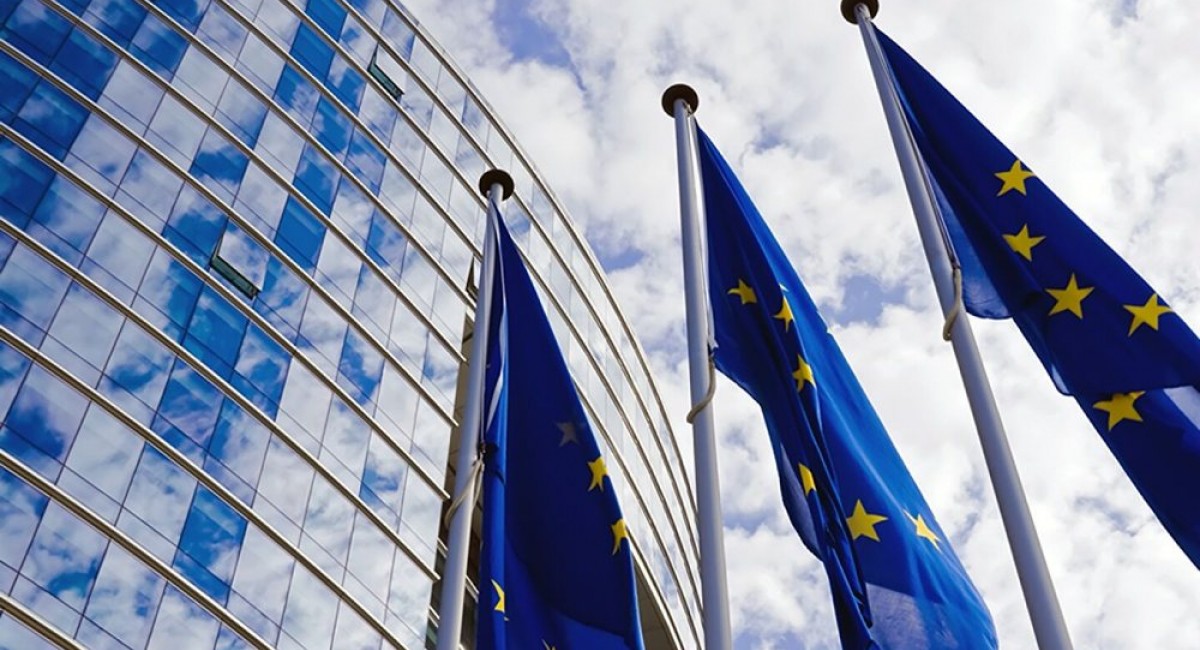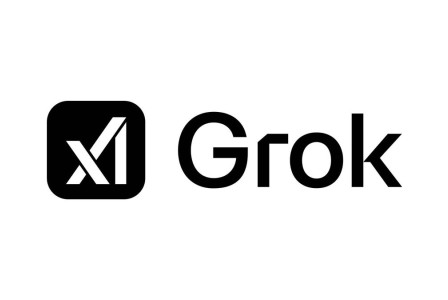SEARCH
Apple and Meta are fined by EU over Digital Markets Act violations

SHARE IT
In a significant move under the newly implemented Digital Markets Act (DMA), the European Commission (EC) has penalized two major tech giants, Apple and Meta, for anti-competitive practices, marking the first such fines under the legislation. Apple has been fined €500 million, while Meta faces a €200 million fine, both related to violations of Europe's growing regulatory push to curb anti-competitive behavior in the digital market.
The investigation into Apple was launched in March 2024, and after extensive discussions with the company, the European Commission concluded that Apple had violated the DMA by preventing developers from informing users about offers and sales available outside of the App Store. This practice allegedly restricted consumers from fully benefiting from alternative and potentially cheaper offers, as Apple’s restrictions prevented app developers from communicating such deals directly to customers. The EC stated that Apple failed to demonstrate that these limitations were “objectively necessary” to protect its business interests, and thus imposed a €500 million fine.
The fine against Apple reflects both the "gravity and duration" of the company's non-compliance with the DMA, according to the Commission. In addition to the penalty, the EC has ordered Apple to remove the restrictions it had imposed and refrain from such behavior in the future, sending a strong signal about its intent to enforce the new regulations.
However, Apple did manage to avoid further penalties in another investigation related to its app ecosystem. The EC decided to close an inquiry into Apple's app choices, citing the company’s proactive efforts to make adjustments to its system. As part of its compliance efforts, Apple updated its browser choice screen, made it easier for users to change default settings for apps like calls, messages, keyboards, and password managers, and agreed to allow users to uninstall default apps, such as Safari. These changes were seen as sufficient to address the concerns raised by the EC, resulting in the investigation being closed.
Meta’s fine stems from its controversial "consent or pay" system, which required European users of Facebook to either pay a monthly €10 subscription for an ad-free experience or share their personal data for targeted advertising. This practice violated the DMA by forcing consumers into a choice that many critics saw as coercive, raising concerns about data privacy and user autonomy.
In response to the fines, Meta introduced a revised version of its personalized ad model in November 2024, which supposedly uses less personal data to display ads, while also reducing the subscription price to €6. However, the European Commission is still assessing this new model, and depending on its evaluation, Meta could face further penalties.
The €200 million fine imposed on Meta reflects violations that occurred between March and November 2024, during which the company continued to breach DMA rules. However, the EC did provide Meta with some relief, ruling that Facebook Marketplace is no longer subject to DMA regulations. This decision followed a careful assessment of Meta’s arguments and additional enforcement actions that the company has taken to address concerns.
Meta’s troubles are not limited to the European Union. In the United States, the company is facing significant scrutiny from the Department of Justice (DOJ) over anti-competitive practices, particularly regarding its acquisition strategy. The DOJ has accused Meta of stifling competition by acquiring potential rivals and is considering forcing the company to divest from key apps, including WhatsApp and Instagram. These ongoing legal challenges in both the EU and the US are putting additional pressure on Meta, further complicating its business operations.
On the political front, Meta CEO Mark Zuckerberg has urged U.S. President Joe Biden to intervene in the potential European sanctions related to the "pay for privacy" issue, signaling the company's growing concern over the impact of European regulations. Additionally, the White House issued a memo in February warning of possible retaliation against EU sanctions targeting U.S. tech firms, which could heighten tensions between the two regions as both strive to regulate Big Tech.
The European Commission’s actions against Apple and Meta underscore the growing importance of the Digital Markets Act, which is designed to address anti-competitive behavior by major tech companies and promote fairness in the digital economy. The DMA gives the EC significant powers to regulate practices that are deemed to distort competition and harm consumers, and the fines levied against Apple and Meta are just the beginning.
With additional investigations ongoing, the EC is expected to continue its scrutiny of large tech companies operating in Europe. The DMA is seen as a key piece of legislation aimed at curbing the dominance of tech giants and ensuring that digital markets remain competitive and transparent for consumers. However, the significant penalties issued to Apple and Meta also highlight the challenges that these companies face in adapting to stricter regulatory environments, particularly in Europe.
As both companies continue to navigate these challenges, the outcomes of their legal battles in the EU could set important precedents for how tech firms operate not just in Europe but globally, as other regions may look to the DMA as a model for their own regulatory frameworks. The decisions regarding Apple and Meta will likely be closely watched as they shape the future of digital market regulation and the balance of power between tech companies, consumers, and regulators.
MORE NEWS FOR YOU

 Help & Support
Help & Support 

